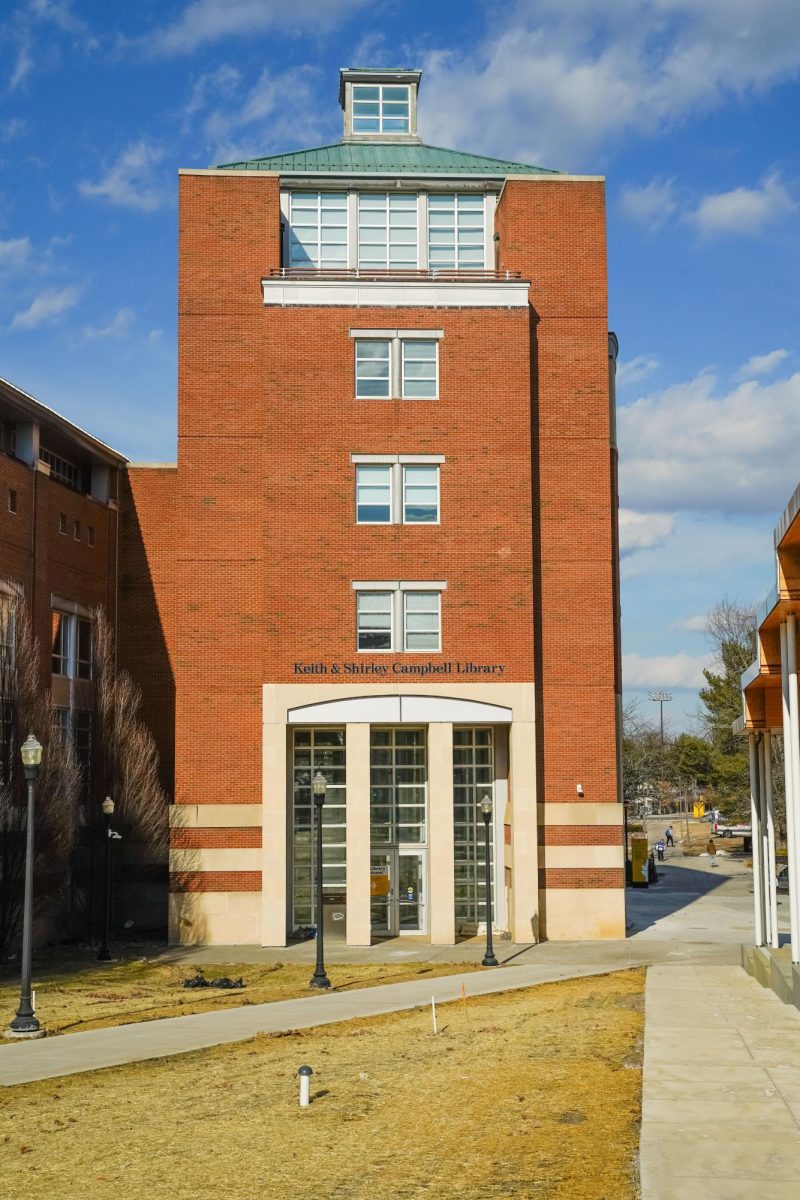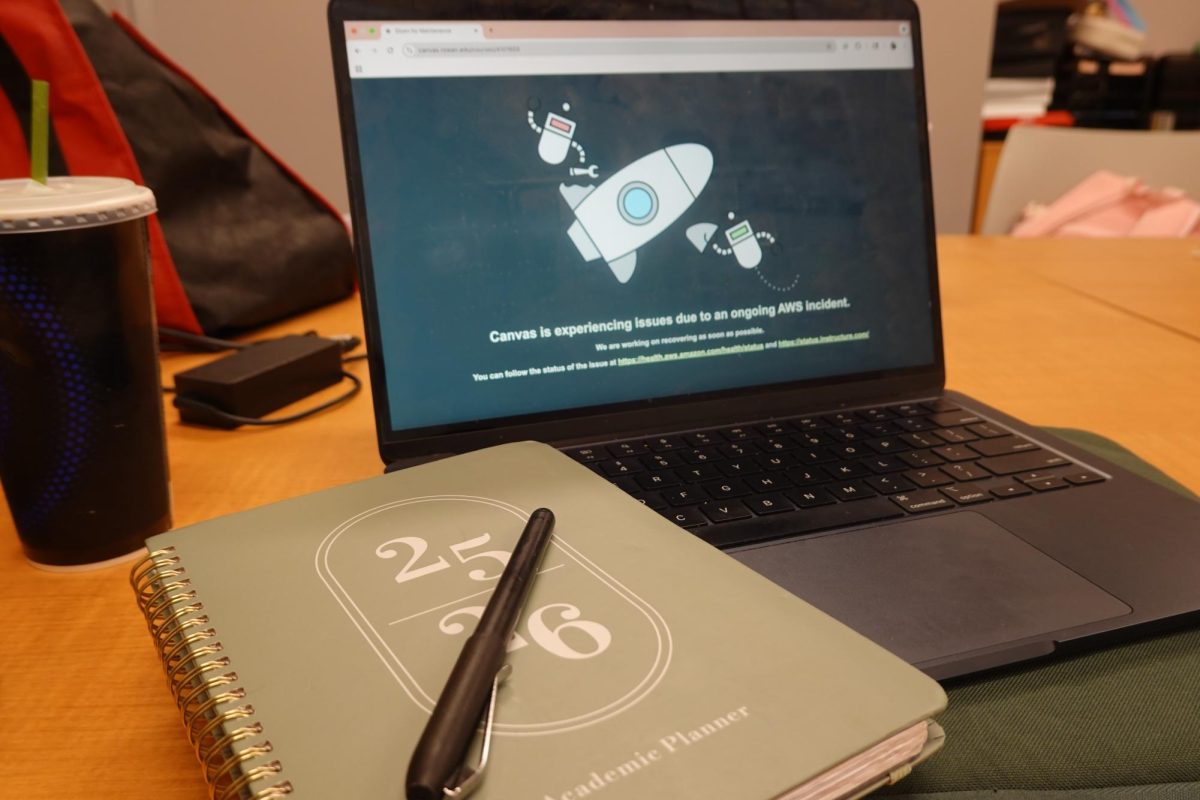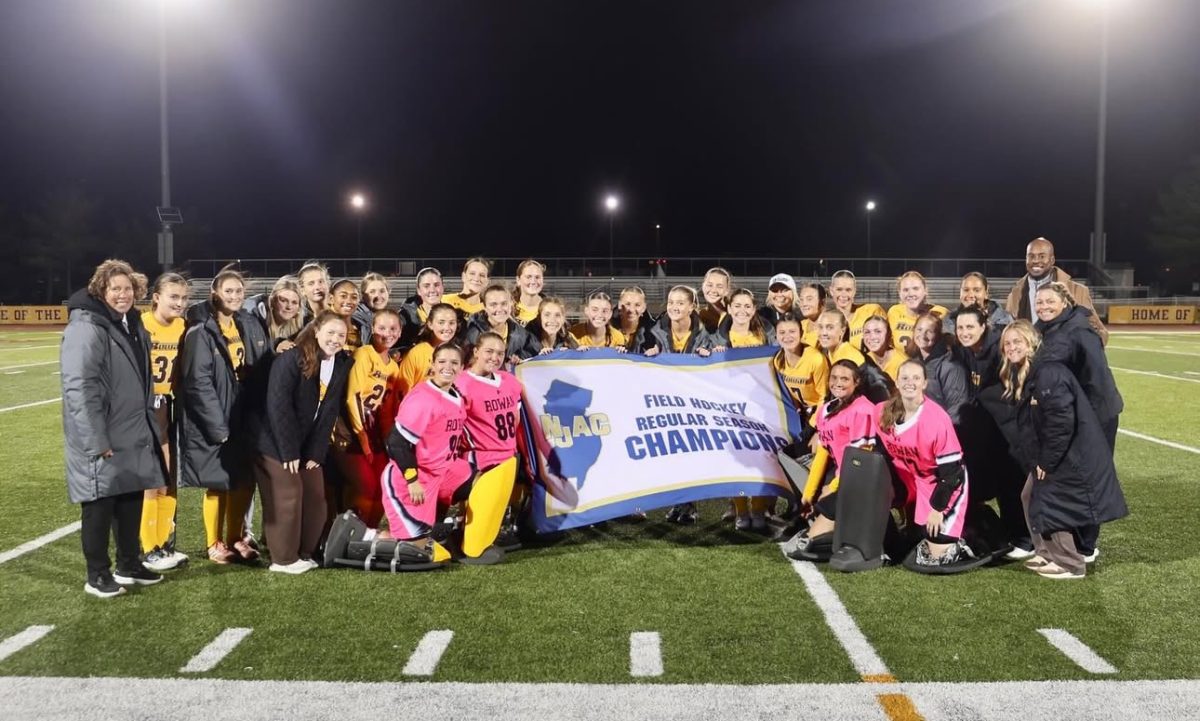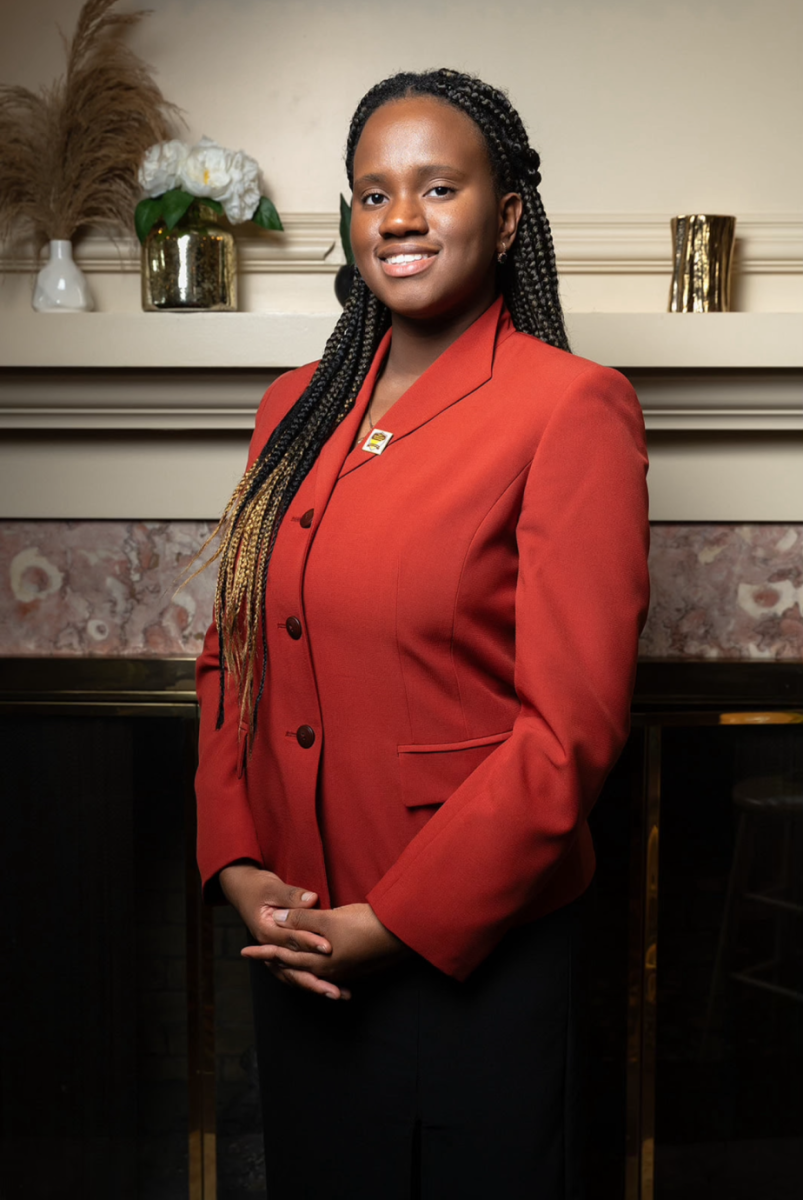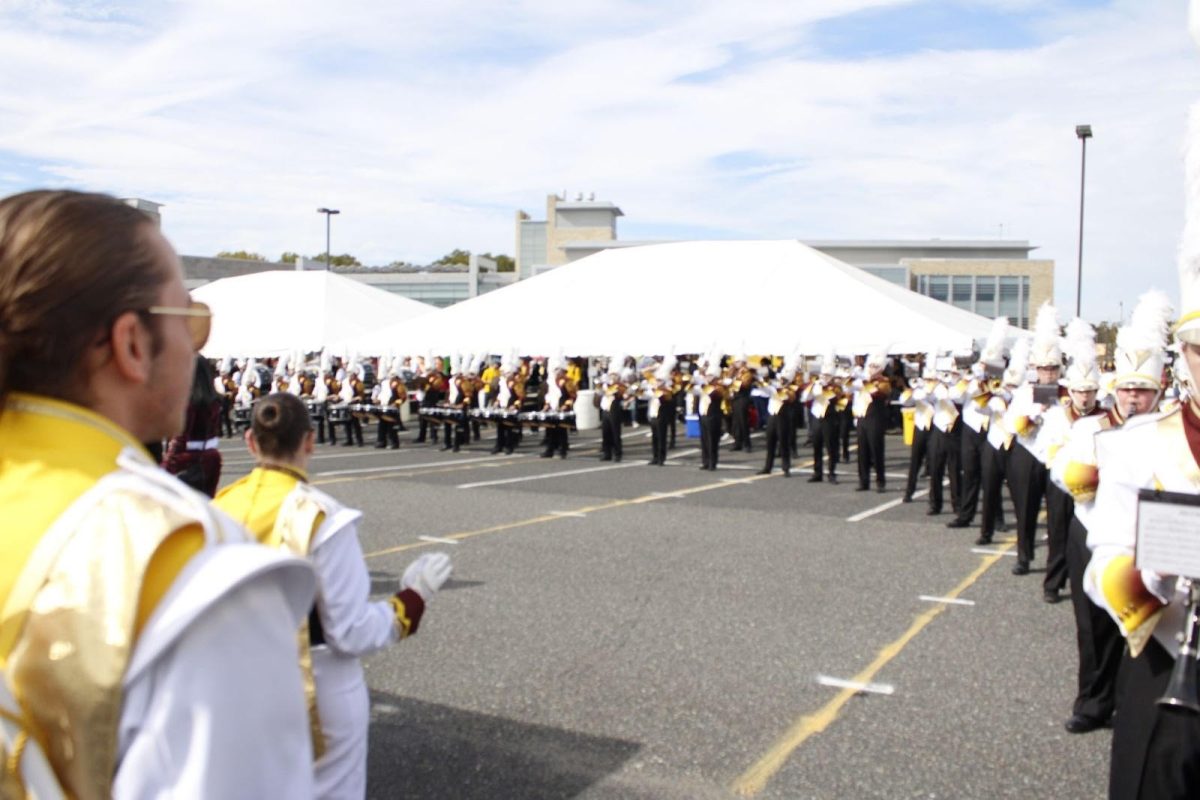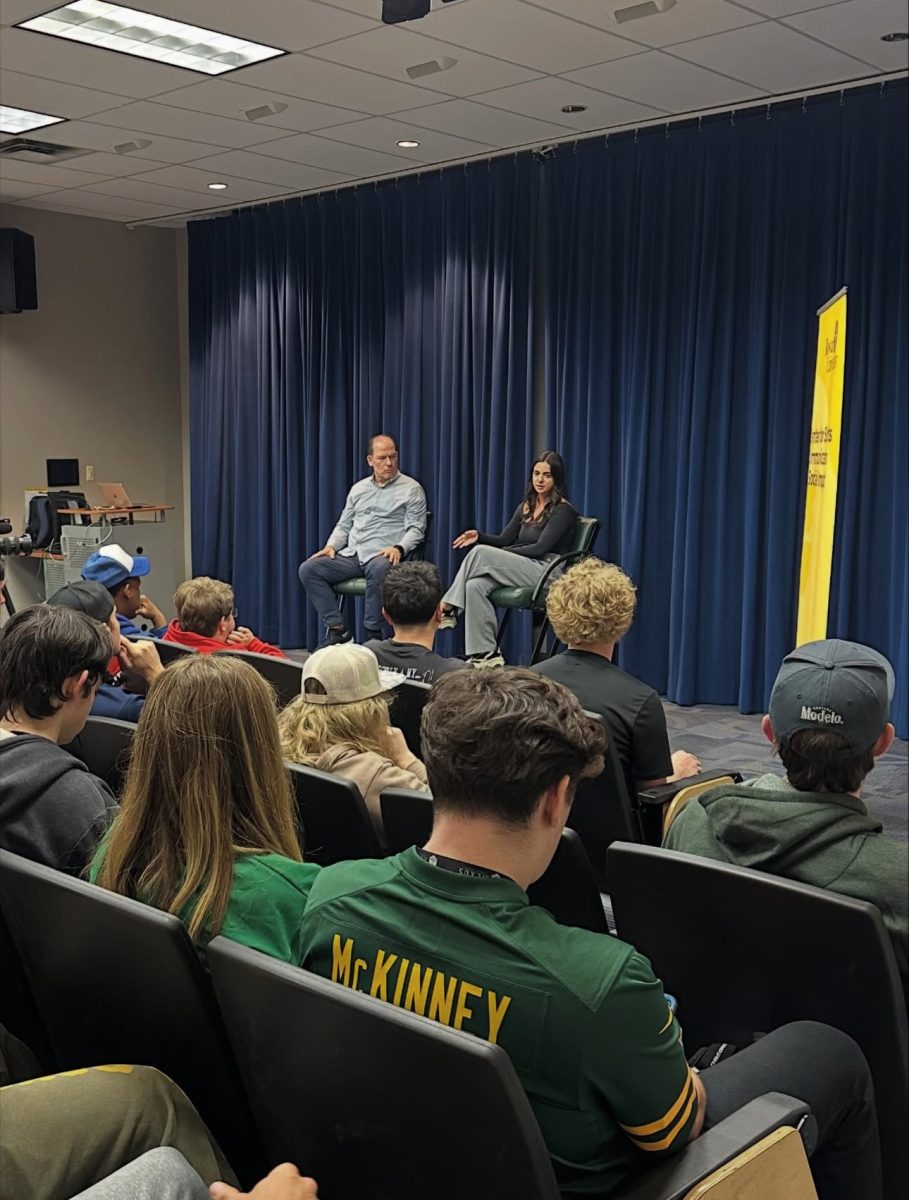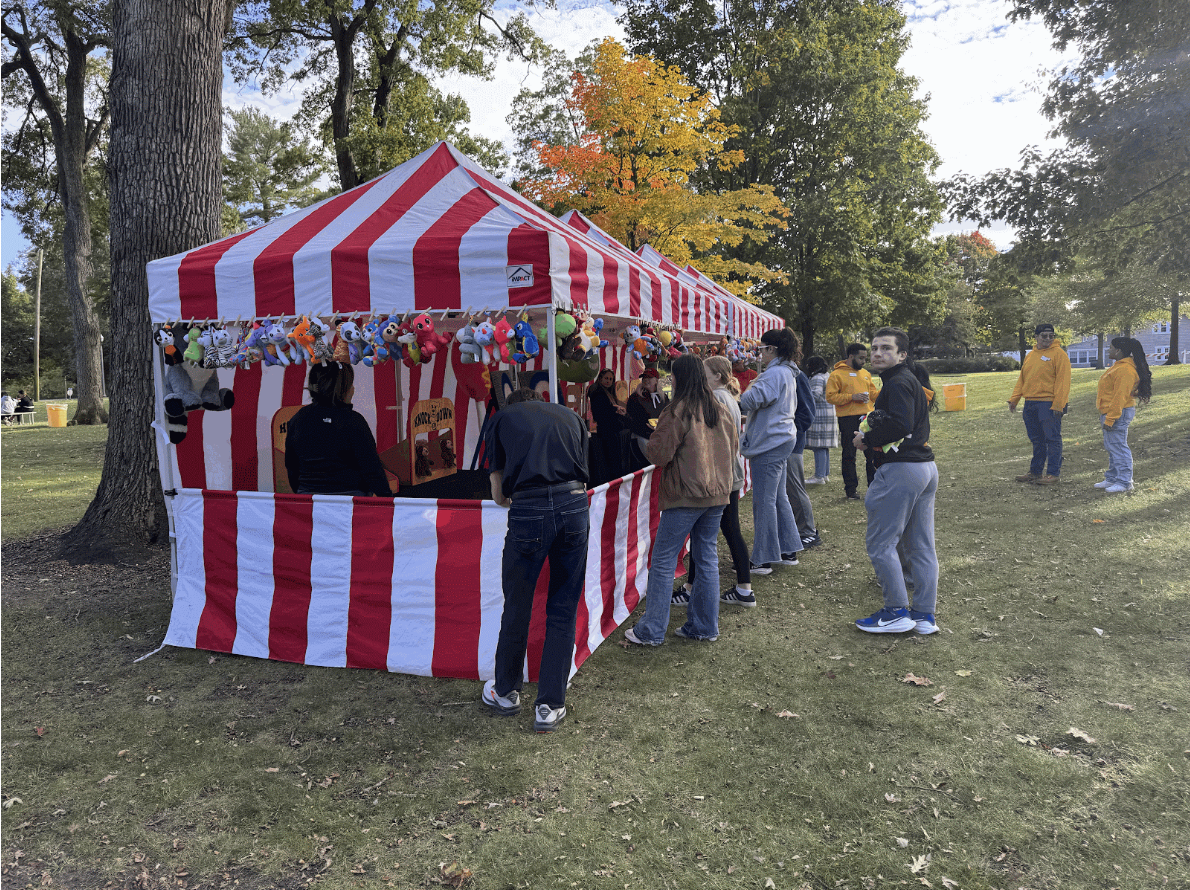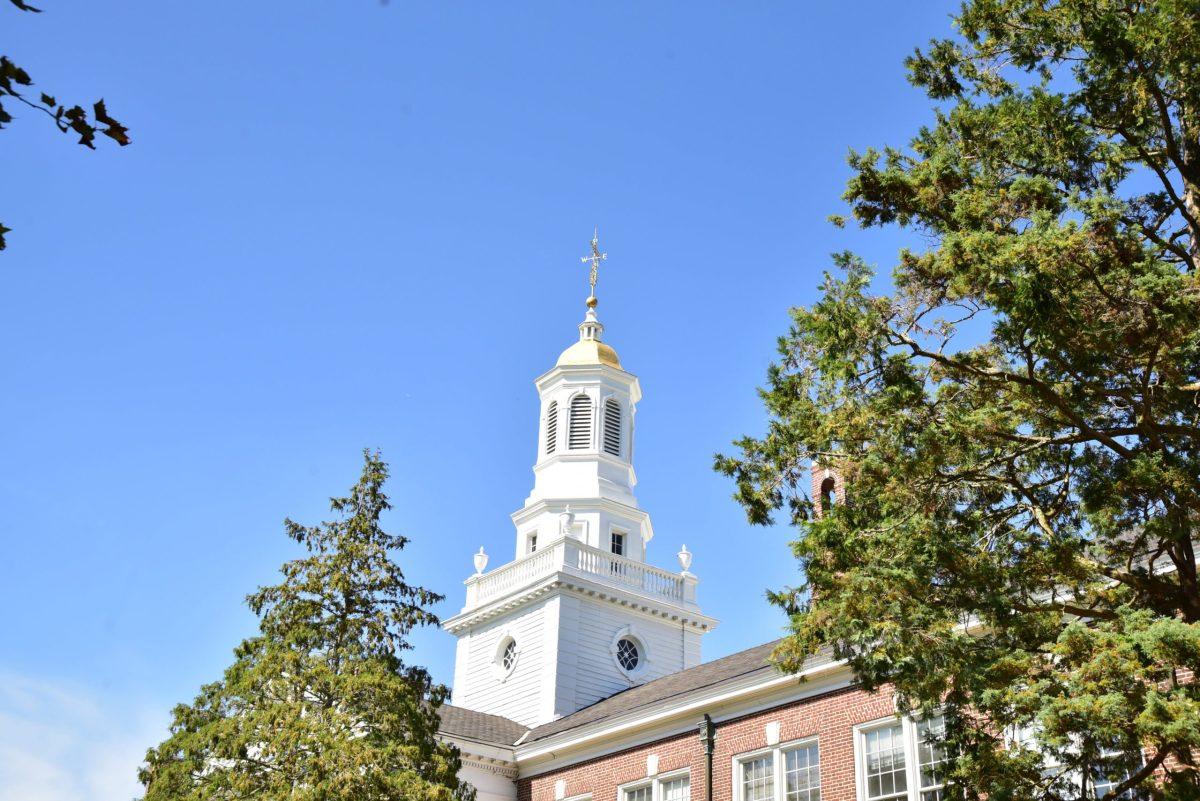The Army Corps of Engineers Department of Defense (DoD) has granted Rowan University $5.2 million in aid research geared towards protecting national security interests in the Arctic region. The DoD’s goal is to more easily transport troops and establish military bases in the area and views the endeavor as securing a vital national security interest.
This research will be conducted by the University’s Center for Research and Education in Advanced Transportation Engineering Systems (CREATES) and will be the center’s most expensive and ambitious project to date.
This two-year grant will fund the development of materials for cold-weather regions undergoing rapid and severe climate change, and new technologies that facilitate the use of said materials. It will also include opportunities for post-doctoral, graduate and undergraduate students.
The center, led by Director Dr. Yusuf Mehta and Associate Director Dr. Ayman Ali, specializes in developing construction materials suited for specific purposes, and with specific biomes in mind.
The department’s research has already had tangible results, namely, the creation of flexible pavements that bend and adjust under traffic loads, and self-deicing materials, capable of removing ice from the surface of the road autonomously.
The most integral part of the testing process is the Heavy Vehicle Simulator, which is the only one in a college or university in the Northeastern United States. The Simulator can replicate the effects of vehicular traffic, accounting for environmental conditions, to observe the effects of traffic load on a given material. This project has brought significant progress towards specific goals set by the University.
“Just five years ago, Rowan University opened this facility with the goal of becoming one of the elite transportation and research institutions in America,” Tony Lowman, Rowan University provost, said on Rowan’s website.
CREATES’s project has created a buzz around the university’s role as a research engine.
“Rowan University is making its mark as a hub of innovation and research,” U.S. Congressman Donald Norcross said after a recent visit to the facilities in question.
The research is sure to be helpful in addressing the ever-increasing concerns of climate change and how our current infrastructure would handle the ecological problems of tomorrow.
For comments/questions about this story tweet @TheWhitOnline or email [email protected]



